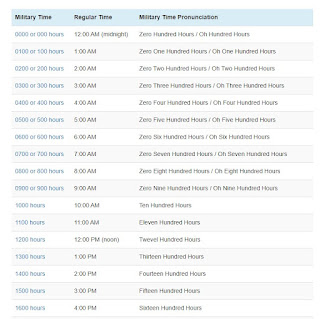What Is Digital Diet?
A digital diet refers to a mindful and intentional approach to managing one's consumption of digital content and technology usage. to a dietary plan that regulates food intake for better health, a digital diet focuses on controlling Similar and optimizing the time spent on digital devices, social media, the internet, and other technological distractions. It aims to attack a balance between the benefits of technology and the need for mental well-being and productivity.
In today's hyper-connected world, people are constantly
bombarded with a plethora of digital stimuli. Smartphones, social media
platforms, streaming services, emails, and other digital tools have become an
integral part of daily life. While these technologies proposal numerous
advantages such as instant communication, information access, and
entertainment, excessive use can lead to various negative consequences like
reduced productivity, anxiety, sleep disturbances, and a decrease in real-life
social interactions.
The concept of a digital diet involves conscious and
disciplined management of one's digital consumption habits. Here are some key
aspects:
Awareness: The
first step towards a digital diet is awareness. Individuals need to recognize
their digital habits, including the amount of time spent on different devices
and platforms. Tracking screen time using apps or built-in device features can
help in understanding usage patterns.
Setting Limits:
Once awareness is established, setting limits becomes crucial. This involves
defining boundaries for technology use, such as designating exact times for
checking emails or using social media, and sticking to those limits to regain
control over digital consumption.
Prioritizing Content:
Filtering and prioritizing digital content is another aspect of a digital diet.
It involves focusing on valuable and meaningful information while filtering out
unnecessary or time-wasting content. Unsubscribing from irrelevant emails,
unfollowing unproductive social media accounts, and curating news feeds can
help in this regard.
Digital Detox:
Periodic breaks from technology, known as digital detox, are essential for
mental rejuvenation. This may involve a complete disconnection from digital
devices for a few hours, a day, or even a weekend, allowing individuals to reconnect
with the physical world, engage in hobbies, or spend quality time with family
and friends.
Mindful Technology
Use: Practicing mindfulness while using technology can significantly impact
digital habits. Being present and conscious of the purpose behind each digital
interaction helps in avoiding mindless scrolling or excessive browsing.
Creating Tech-Free
Zones: Designating specific areas or times as tech-free zones fosters
healthier habits. For instance, keeping bedrooms free of screens can improve
sleep quality, and having gadget-free family meals encourages better
communication and bonding.
Seeking Alternative
Activities: Encouraging engagement in offline activities such as
exercising, reading books, pursuing hobbies, or socializing in-person helps in
reducing dependency on digital devices for entertainment and relaxation.
Conclusion
Implementing a digital diet isn't about completely
abstaining from technology but rather adopting a more balanced and mindful
approach towards its use. It's about regaining control over digital habits to
improve overall well-being, productivity, and the quality of life in an
increasingly digitized world. By consciously managing digital consumption,
individuals can foster healthier relationships with technology while ensuring a
harmonious stability between the digital and physical realms of life.



Comments
Post a Comment